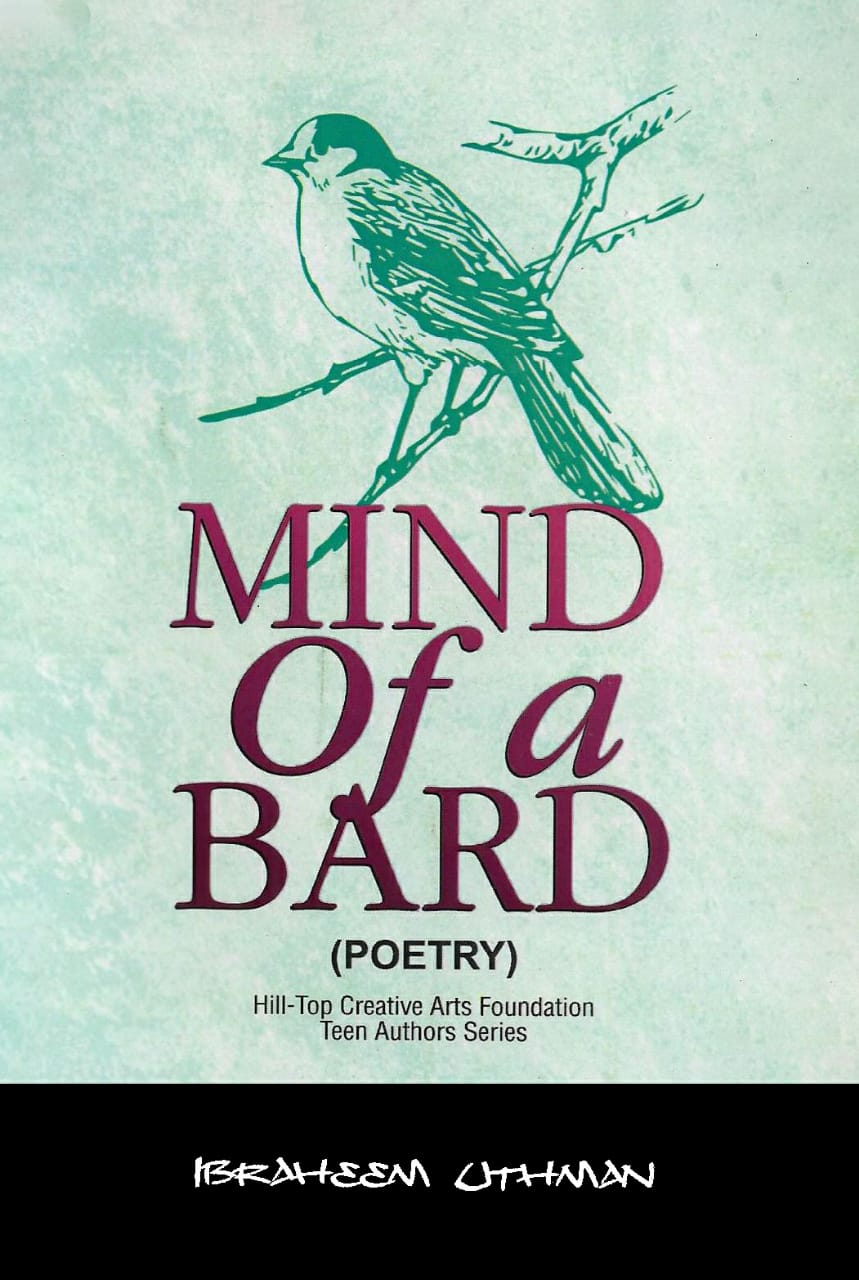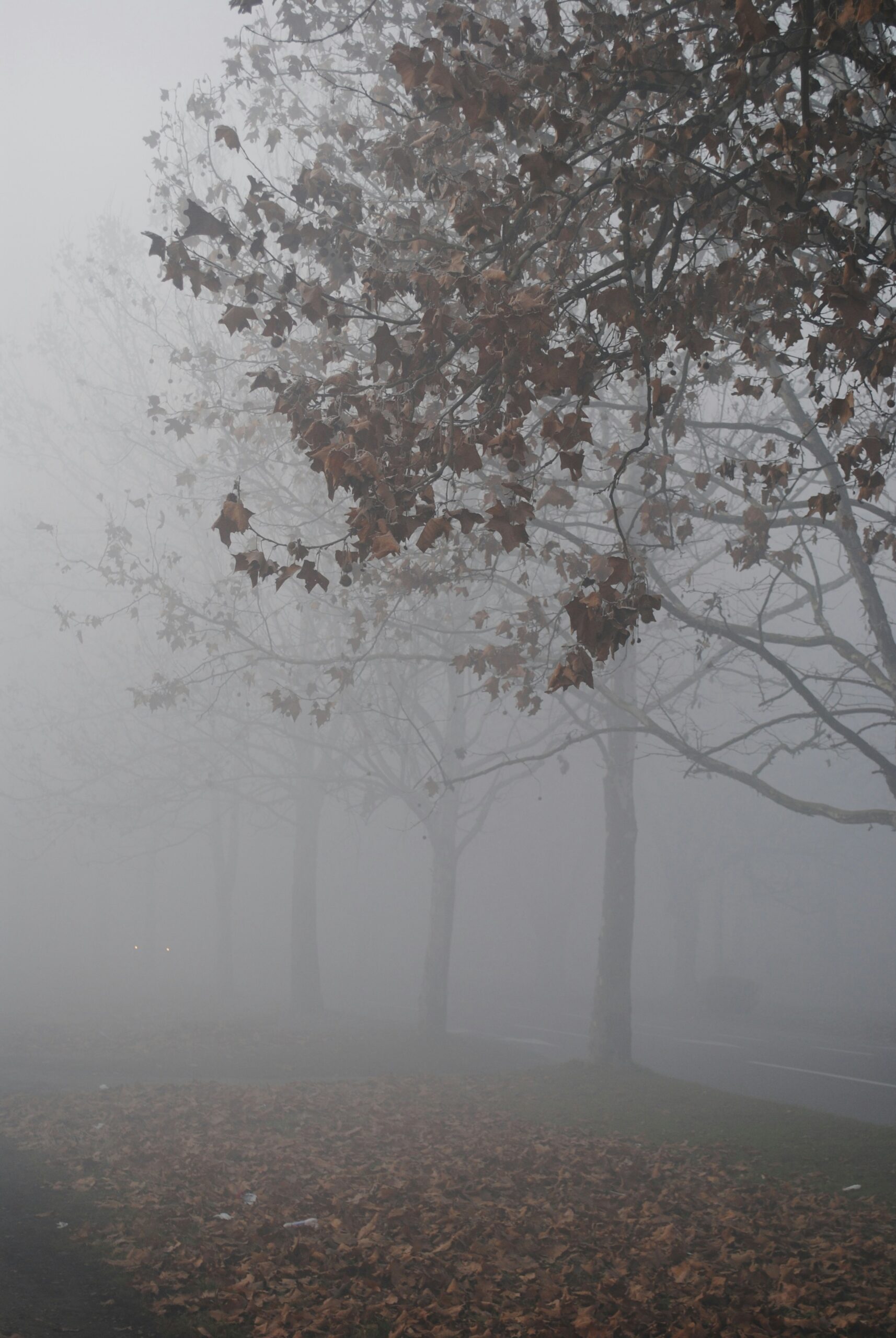What is your poetic inspiration?
My poetic inspiration frequently involves the examination or reanimation of grim occurrences like death, catastrophe, tragedy, and/or suffering. This inspiration typically has a dark tourism component to it, as it aspires to respond to or be a form of visitation to a place of death or a dismal site. It advocates for change and offers significant insights into the ability of humankind to commit heinous deeds. For the bulk of my readers, nevertheless, it represents an abuse of loss and suffering as well as a romanticization of sinister incidents that have been called “fetish” and “spectacle.”
Hmm, in the parlance of the Nigerian reader: deep. With such inspiration, what and who, would you say, are your poetic influences?
The majority of the books my mother bought for me as a child were nursery rhymes with Roman and English roots and nonsensical poetry by authors like Edward Lear, Spike Milligan, Edward Gorey, and others. As I mature into a young adult, I discover that in addition to reading and appreciating the poetry of authors like John Milton, Walt Whitman, Emily Dickinson, Sylvia Plath, Ted Hughes, and many others, I also adore the “Poe-thickness” of their poetry. I’ve only recently begun reading poets from my native continent, notably those from Nigeria. I have to admit that great Nigerian poets like Bar. Ahmad Maiwada, Pa. BM Dzukogi, and Niyi Osundare have held me in awe. Even though Saddiq Dzukogi is one of my poetic role models, there are many areas in which I vary from him.
What are the benefits of your craft?
For me, the art of poetry is really useful. Poetry tends to expose aspects of myself that I’ve never met or that I’ve struggled to understand, so through reading and composing it, I’ve been able to become more self-aware. I’m not overly religious, yet I constantly think of God, which can sometimes be unsettling. I’ve had a number of one-on-one conversations with God through poetry that I might not have had the opportunity to have otherwise. This, to me, is really cool.
How do you think poetry can be made more beautiful?
Poetry has a remarkable ability to illuminate human anxieties and emotions as well as explain the true meaning of life. Poetry helps us to let go of feelings and transports us to an entirely different setting, which can be anything from enchanted to gloomy and foreboding. Poetry is ever-changing and beautiful because of how distinctive and varied it is and because of the various interpretations that may be made of it. It not only elevates what we consider to be beautiful, but it also serves as the hub of knowledge. I think making poetry more beautiful goes beyond avoiding cliches or clutching metaphors and imagery; the beauty lies in the subtle machinations of an idea that turns on that light bulb, in the reader’s mind and gets them to say, “I get this” idea.

Well said. So, to your poetry. What inspired your first collection, Mind of a Bard and what is its central thrust?
“Mind of a Bard,” which was published in 2020, is a poetry collection inspired primarily by dark tourism and my relationship with God, as it tends to mirror the mind of a teenage boy—the bard—who has found himself standing out amongst other teenagers. Although the poetry collection included themes such as love and heartbreak (though not in the way that is commonly depicted), the collection’s main focus is the exploration of dark sites. Readers have contacted me, praising what they thought was a poem for a lover, but in reality, these are poems romanticising death.
What was the writing process like?
“Mind of a Bard” was written as part of the Hill-Top Creative Arts Foundation’s teen authorship programme, which required a lot of effort and attention. For emerging authors and poets like me, the HCAF is quite competitive. Everyone must work extremely hard since there is no place for mediocrity. Only nine months after I joined the foundation, “Mind of a Bard” was released, and it came out even before some of my mentors’ collections. You can only imagine the effort and commitment it took to get me there. The book is the result of diligent work, self-awareness, and constructive drilling, among other things.
What was the most challenging part of writing the book?
The most challenging part has to be the process of learning and unlearning certain things. Before I began the writing process, I thought I knew it all until I joined the HCAF and had to rebaptize myself. I think what kept me moving was the fact that I took it upon myself to be better. Today, I’m grateful for these experiences.
What has been your biggest achievement yet with the book?
My family has lots of readers, but the sole writer in the entire extended family is me. At home, I consider being an author to be a huge accomplishment. Although I’ve never imagined myself as an author, I believe that I became one simply because of the individuals I hung around. The book’s greatest accomplishment so far has been the numerous opportunities it has given me and the accessibility it has given me to connect with even more extraordinary people who are willing to share their greatness with me in a variety of ways. In my opinion, being an author also sparked my desire to write more; this marked the beginning of a process that I intend to continue for as long as I live.
Are you working on any new projects?
Yes! I’ve been putting a lot of effort into expanding my knowledge and drawing on my experiences as I work on a new collection of poetry. This collection will be very different from the first, in my opinion. For the time being, that’s all I have to say about it.
Cryptic but that’s fine. We will take it, and await your pace for the revelation in the public space. Any final words for now?
One of the few criteria that must be met in order to live an optimistic existence is curiosity. As soon as I discovered how to form letters on a page, I began to write poetry. If all goes according to plan, I will have the honour of continuing this art for as many years as I have left, and I will get to develop, change, and surprise myself thanks to my voracious curiosity (and a generous dose of courage). If a poet like Saddiq Dzukogi can claim that he is still learning after winning national and international accolades because he is “making progress,” then I will consider myself incredibly fortunate to be able to say the same as a developing poet.

Twitter: @IbraheemUthman_
- CRAVING FURY (A Poem) by Erhimesoja - December 13, 2024
- ELEGY FOR THE THINGS WE’VE BEEN THROUGH by Olalekan Ayodele - August 16, 2024
- ANNOUNCING THE SEVHAGE/KSR HYGINUS EKWUAZI LITERARY PRIZES 2023 LONGLIST - October 30, 2023













Leave a Reply